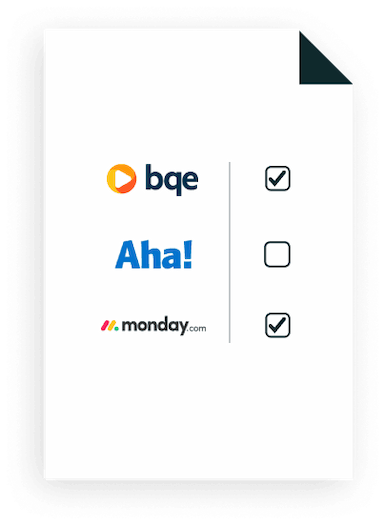Last Updated Dec 2, 2025
Overview
Are you struggling with your organization's data management practices? Airtable has a simplified solution for you. Track projects and enhance team collaboration. Streamline workflows and manage projects to improve organizational efficiency. Explore Airtable, the cloud-based collaboration tool that can help you achieve success.
Overall Rating
Based on 622 users reviews
4.7
Rating Distribution
Positive
96%
Neutral
4%
Negative
0%
Starting Price
$0
/seat/ month
What Is Airtable Software?
Overview
Airtable is a cloud-based platform that helps organizations with data management, organization, and collaboration. With Airtable, you can reimagine your organizational workflows and use the platform's artificial intelligence tool to put your critical data to work. Designed to be quick, efficient, and flexible, Airtable features are always on hand to help transform your business.
What Is Airtable Software Best Known For?
The Airtable tool is best known for its ease-of-use and flexible platform. The software's interface makes it a top choice for businesses of all sizes. Its user-friendly design, drag-and-drop functionality, customization options, and visual views make it a valuable tool for individuals and teams across various industries and applications. Whether you're tracking tasks, organizing content, or managing projects, Airtable's interface simplifies the process and enhances productivity.
Airtable Software Pricing
- Free: $0/seat/month
- Team: $24/seat/month, billed annually
- Business: $54/seat/month, billed annually
- Enterprise: Customized
Disclaimer: The pricing is subject to change.
Airtable Software Integrations
Airtable integrates with various third-party applications, including:
- Google Drive
- Salesforce
- Zendesk
- Box
- Asana
- GitHub
- Slack
- Trello
- Microsoft Excel
How Does Airtable Software Work?
Here's how to use Airtable project management software after its successful installation:
- Log in using your credentials
- Create and structure databases with customizable fields to suit your data types and needs
- Organize data in a grid or card view for quick access
- Collaborate with multiple users simultaneously
- Synchronize changes across all devices
- Automate repetitive tasks to ensure accuracy and minimize manual data entry
- Visualize your data effectively at a glance with various data, calendar, and gallery views
Who Is Airtable Software For?
The Airtable platform can be used across several departments, including:
- Project management
- Event planning
- Content production
- Sales
- Customer relationship management (CRM)
Is Airtable Software Right For You?
Are you looking for a powerful, cloud-based platform to help you build next-generation apps? Look no further than Airtable! With its native AI components, scalable data model, and wide range of integrations, it is an excellent solution for businesses of all sizes.
Airtable is one of many powerful project management tools that offers a connected apps platform for software development teams. It allows teams to organize and manage related data and integrate existing data into their workflows. With this, managing tasks and complex projects becomes much more accessible. Data is encrypted both in transit and at rest using 256-bit encryption, and regular backups are taken to ensure data durability.
If you're still unsure if the software is right for you, contact our customer support team at (661) 384-7070 for assistance or check out the pros and cons of Airtable.

